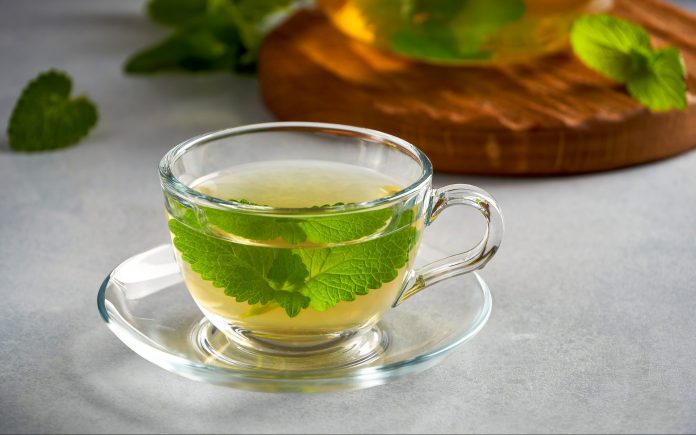
Many herbs can safely strengthen and enhance the body’s systems, including the mind and memory. Most herbs have few side effects, but read the labels, as a few shouldn’t be taken if specific health risks are found.
Herbal Help
Some herbs help to boost memory by improving the circulation of blood through the mind, while others work to guarantee the brain has lots of oxygen. The mind requires 20% of the oxygen that is consumed by the whole body so as to maintain mental processes running smoothly and to prevent poor concentration and vertigo. Some increase energy, our immune system and metabolism. They accomplish this by fighting free radicals, which are chemicals which are also known to accelerate the development of cancer and cardiovascular disease. Here are a few that are commonly recommended.
- Huperzine A – This compound produced from the plant Huperzia serrata has been proven in studies to boost memory in both vascular and Alzheimer’s disease.
- Lemon Balm – Improves cognitive function.
- Ginseng – Improves memory and mental alertness.
- Gotu Kola – Induces clarity in thought, reduces anxiety and tension.
- Oatstraw – Helps to improve concentration skills in both adults and children.
- Rosemary – Improves memory and concentration.
- Sage – Helps to boost memory.
- Balm – Official title Melissa officinalis, also will help to improve memory.
About Ginkgo biloba
Although lots of folks feel that Ginkgo biloba is a powerful herb to use for memory improvement and prevention of Alzheimer’s disease and dementia, studies have shown results at both ends of the spectrum. In a randomized controlled study, 3069 volunteers aged 75 years or older with normal cognition were divided into one group that received two doses per day of 120 mg of Ginkgo biloba and one group that received a placebo (DeKosky et al., 2008). The analysis was conducted over a span of 6 years, with 246 of individuals who received the placebo and 277 of individuals who obtained the Ginkgo biloba developing dementia or Alzheimer’s disease by the end of the analysis, indicating that it wasn’t helpful in reducing the overall incidence rate of dementia or Alzheimer’s disease. Paul Solomon, et al. (2002) reported on another analysis of 219 people over age 60 who were also divided into two groups, with one group taking Ginkgo biloba and another group taking a placebo. This study lasted for 6 months and suggested that there was no quantifiable benefit to taking Ginkgo biloba.
Other studies of Ginkgo biloba, however, have reported results similar to currently prescribed medications like tacrine or donepezil, which are generally prescribed for Alzheimer’s patients (Perry et al., 1998). Some researchers think that the discrepancies between studies might be a consequence of the kinds of individuals selected and race and general health, in addition to other things, may have contributed to the varying consequences. It’s possible that individuals who take Ginkgo biloba develop a tolerance for it, therefore explaining why lengthier studies reveal no memory improvement, as it might work just for a short while.
Alternatives
There are many more herbs which were considered for centuries to help to enhance memory, and more research is being done every day to ascertain which ones would be the most useful with the least side effects. It’s important to remain informed as new information is found regarding how to maintain our bodies and brains healthy daily. Scientific data has been found daily which relates to memory and mind health, and with a significant number of the world’s population reaching older age, this sort of research is much more urgent than ever.
Conclusion
If you’re under medical care, it’s sensible to consult your doctor before altering or adding to your daily diet, as some of the foods, supplements and herbs mentioned previously might not be recommended for certain conditions, or may respond with prescription drugs. Your doctor can help you decide what’s best for your wellbeing and lifestyle, and may have the ability to suggest changes that will be of the most benefit to you. Sudden drastic changes in diet can cause gastrointestinal problems, so go slowly and gradually until you reach the goal you are working toward, taking smaller amounts at first and increasing them within a time period.





